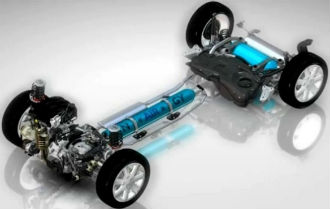 If big vendors and other large firms don’t become transparent about their energy usage and carbon emissions, they may start losing contracts with ecologically minded companies, according to sustainability data reporting site Ecodesk.
If big vendors and other large firms don’t become transparent about their energy usage and carbon emissions, they may start losing contracts with ecologically minded companies, according to sustainability data reporting site Ecodesk.
Ecodesk named CA Technologies, Eurostar, ISS, Compass Group, PepsiCo, Mitie, and GlaxoSmithkline as examples of companies that are now measuring and posting data on sustainability – thanks in part to mandatory legislation, as well as part of risk mnagement for investors, and CSR initiatives.
By doing this, not only are they more ecologically sound, they are also making cost savings. As a result, they are extending sustainability programs to the supply chain – where there are also ost savings to be made.
Ecodesk’s CEO, Robert Clarke, said in a statement that the channel is a big player in energy use and carbon emissions. When margins are consistently squeezed, it’s important to stand up and listen to customers – or risk losing contracts. “Any business that can measure and report will find its own cost benefits and be able to trade on progress to boost business relationships and viability,” Clarke said.
According to Ecodesk’s data, just half already have calculated or intend to calculate energy and carbon emissions for customers over the next 12 months. Although 17 percent pointed out this would not be a possibility for various reasons, such as company policy or privacy, the rest out of the 1,300 sample did not commit or weren’t sure where to go.






